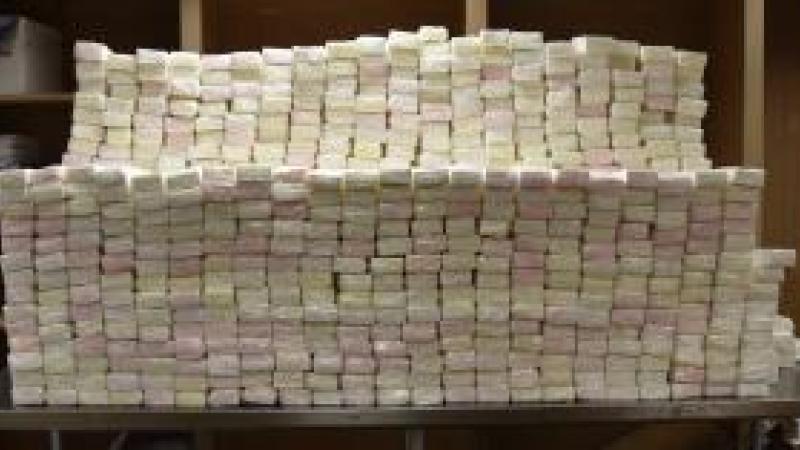Congressional lawmakers seek more federal drought relief for farmers
Congressional lawmakers in Connecticut and Rhode Island have teamed up to seek more federal relief funding to help New England livestock feed producers, and other farmers impacted by severe drought conditions. In a letter to House and Senate budget leaders, members
Congressional lawmakers in Connecticut and Rhode Island have teamed up to seek more federal relief funding to help New England livestock feed producers, and other farmers impacted by severe drought conditions.
In a letter to House and Senate budget leaders, members of congressional delegations from both states urged them to pump more money into relief programs, and expand eligibility to drought-wary forge farmers in the region, who they said are being left out of federal assistance programs.
The request for additional federal farm aid comes as Congress this week considers a $1.7 trillion fiscal year 2023 Omnibus Appropriations bill, with a potential end-of-the-year government shutdown looming.
"New England has lost significant numbers of small dairy farms over the past decade, and we are concerned that the impacts from this drought could be the breaking point for these producers," they wrote.
Specifically, they want Congress to replenish funds from the U.S. Department of Agriculture's Emergency Relief Program, and expand the program to cover losses incurred in 2022, in addition to losses from 2021 and 2020.
The USDA approved disaster designations in Massachusetts, Rhode Island, and Connecticut in August, paving the way for counties in each state impacted by the drought to apply for federal loans. The lawmakers said they are grateful for that aid, but pointed out some feed producers were left out of the program.
That's because the farming relief programs support producers who grow forage for their own livestock. Many New England grow forage for sale to other livestock producers, but don't have livestock themselves, and as such are not eligible to participate in forage-related assistance programs.
The lawmakers said hay losses due to this summer’s drought are "staggering" with some producers reporting declines as high as 55% of normal harvests.
"The drought has impacted the availability of feed and silage for agricultural producers which will likely cause large price increases for many agricultural products this winter," they wrote. "The expected regional feed shortage will have ripple effects on our local dairy enterprises."















